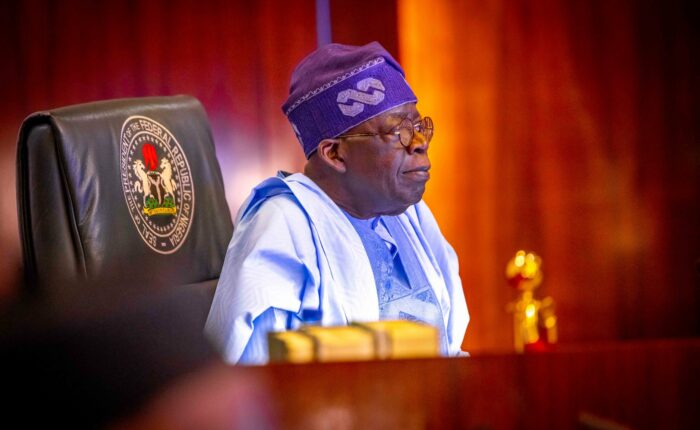In a country grappling with fiscal deficits, mounting debt, and widespread poverty, Nigeria’s paradox of holding trillions of naira in dormant assets while borrowing to finance development is both ironic and unsustainable. Across the federation lie thousands of idle properties, moribund public enterprises, underutilised land, and abandoned infrastructure projects, collectively referred to as “dead assets.” These are resources with the potential to generate wealth but currently contribute nothing to national productivity. Unlocking these assets is not just an economic imperative; it is a developmental necessity.
According to a 2020 report by the Nigerian Institute for Social and Economic Research (NISER), Nigeria holds over $900 billion worth of dead capital, mainly in the form of real estate that lacks legal documentation and cannot be leveraged for investment. This includes unoccupied government buildings, unproductive land, and state-owned enterprises that operate at a loss or not at all. These dormant assets are a massive opportunity cost for a country seeking to diversify its economy, fund infrastructure, and create jobs.
The first step toward unlocking these assets is a national audit and digital inventory. Many federal and state agencies do not even have a comprehensive record of what they own. A thorough, transparent audit, cataloguing physical assets, verifying ownership, and establishing market values—would lay the groundwork for effective asset management. Digital platforms can help track these assets in real time, improve transparency, and reduce the risk of mismanagement or illegal occupation.
Secondly, legal and policy reforms must support the reclassification and repurposing of dead assets. Many government properties are stuck in bureaucratic limbo, with outdated legal titles or restrictive statutes that prevent their sale or lease. Reworking these legal frameworks through legislation or executive orders can empower public asset management agencies to commercialise, privatise, or repurpose dormant holdings based on economic value rather than sentiment or political interest.
Public-private partnerships (PPPs) offer a strategic avenue for converting dead assets into productive ventures. For instance, abandoned government buildings in urban centers can be leased to businesses, converted into affordable housing, or repurposed as innovation hubs. Moribund state-owned enterprises can be concessioned or sold outright to investors willing to revive and modernise them. Farmland and unused public land can be allocated to agribusinesses and cooperatives under clearly defined conditions to stimulate agricultural production and rural employment.
Nigeria must also embrace creative financing options linked to asset-backed securities. By securitising dead assets, especially real estate, government can attract institutional investors to fund infrastructure and social programmes without incurring new debt. Countries like India and Indonesia have used similar models to raise capital by leveraging idle state properties. The proceeds can be channeled into priority sectors like education, healthcare, renewable energy, and transport.
Crucially, this process requires political will and robust governance. Efforts to convert dead capital into living assets must be transparent, corruption-resistant, and focused on long-term value creation rather than short-term gain. Independent oversight bodies, civil society, and the media should monitor asset disposals or concessions to ensure fairness and accountability.
Unlocking dead assets will not fix all of Nigeria’s economic challenges overnight, but it represents a low-hanging fruit in the nation’s search for growth without excessive borrowing. It is both a fiscal strategy and a symbol of responsible governance. By turning waste into wealth and dormancy into dynamism, Nigeria can free up the capital it desperately needs to invest in its people, rebuild its infrastructure, and ignite inclusive economic development.
The time to act is now. Nigeria cannot afford to let its potential continue to gather dust.





